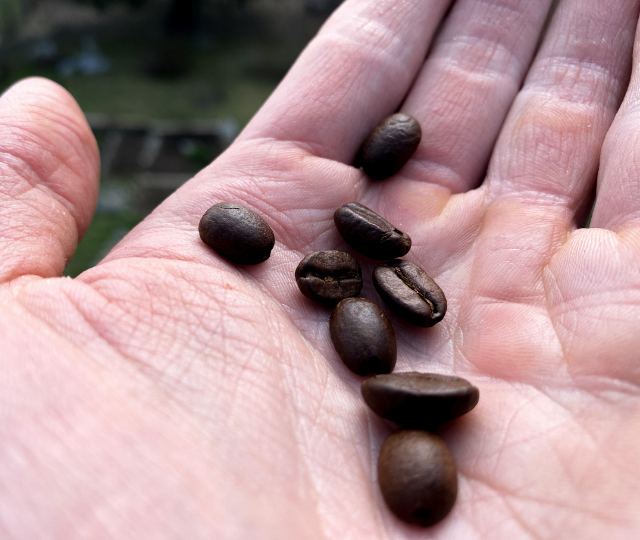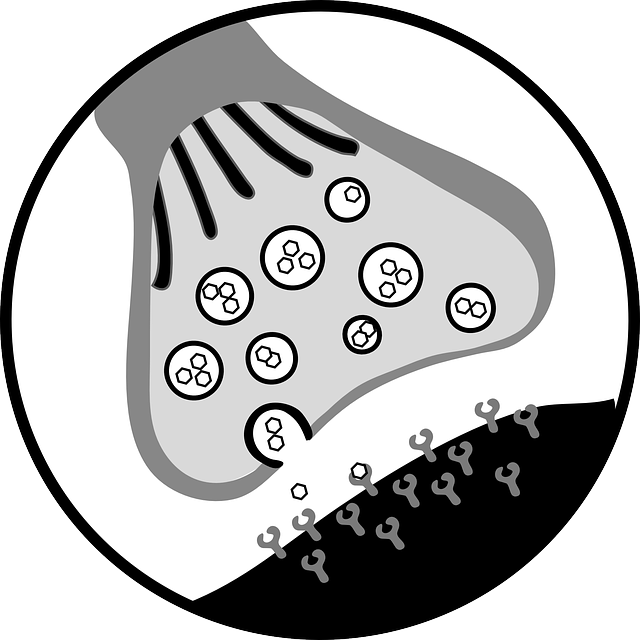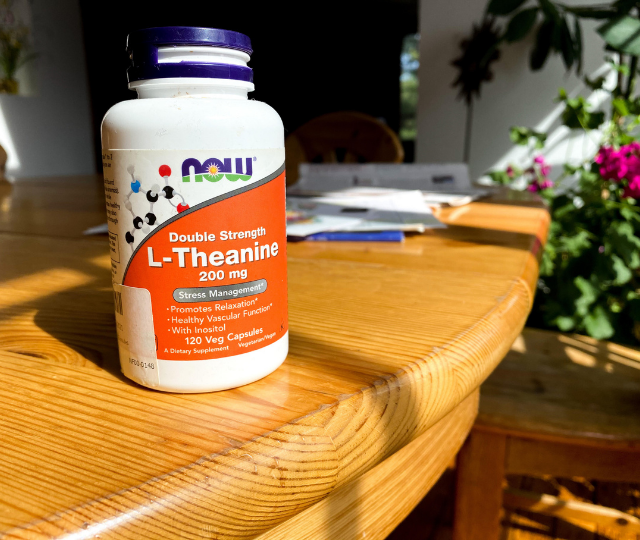There is no doubt that drinking coffee before your workout will act as a performance enhancer.
There is also no doubt that if you drink too much of it – you will experience anxiety. Most of us are familiar with the ever-delightful coffee buzz.
You know, the one we so frequently wake up craving each morning.
A habit so ubiquitous that we often do not think of this substance as a drug!
Interlaced with the webbings of society today and the fuel for capitalism and progress-oriented obsessions, we take caffeine for granted.
Most of us consume it – be it in coffee, a piece of chocolate, or a cup of afternoon tea.
I think it is worth noting its relevance with regard to exercise and also some of the less known synergists that I personally think work wonderfully with this confusing liquid of infused inspiration and anxiety.
But more on that later!
Is It Okay to Drink Coffee Before a Workout?

The short answer to this question is: yes.
Unless you have a health condition which your doctor advises against consuming caffeine, it is perfectly safe to drink an appropriate amount of caffeine before you workout.
You should note however, that if you have a predisposition to anxiety – you may find your symptoms exasperated with a cup of joe before your workout session.
It’s worth understanding the chemical action of caffeine and its physiological effects if you want to better understand its relation to anxiety and what you can do to mitigate the effects.
How Long Before a Workout Should You Drink Coffee?
To maximize the performance enhancing benefits of consuming coffee before a workout, you should drink it 30 minutes prior.
Caffeine is readily absorbed by the digestive tract and absorbed into the bloodstream within 15 minutes after you consume it.
This will give you just the amount of pep you need to fuel your workout!
Drinking Coffee Before Workout Benefits
Drinking coffee increases your metabolic rate and also staves off hunger which can be incredibly beneficial when dieting.
Aside from its metabolic benefits, it also decreases the perception of exertion, thereby causing your workouts to feel less strenuous.
It does this by acting antagonistically on adenosine receptors which you will learn more about later in this article.
A Quick Aside About Coffee Before Your Workout and Weight Loss
While coffee is in fact a metabolic stimulant, it should not be considered a substitute for a caloric deficit.
The amount of food you consume will be the primary determinant in your weight loss success.
I don’t want to get into a long winded discussion about the best way to lose weight, but if you want to learn the method – read this article.
What Happens When You Drink Coffee Before a Workout?

If you are anything like me, sometimes caffeine is just downright terrifying.
It is this strange contradictory feeling of both bliss and restless anxiety.
A hint of world domination with a side of doom.
Sometimes the angst is worse than other times but nonetheless, caffeine has its downsides primarily due to its excitatory effect on the central nervous system.
In specific, caffeine enters your digestive tract and your bloodstream is flooded with epinephrine(adrenaline) and catecholamines.
The latter of which is a blanket term for stress related hormones.
The Side Effects of Drinking Coffee Before a Workout
The consequences of such neurotransmitters are increased blood pressure, increased heart rate, and elevated serum glucose levels.
Collectively, these sensations for some people are experienced as anxiety – a mind/body experience of unpleasant restlessness and its associated unease.
Additionally, caffeine competitively binds to adenosine receptors in the body.
When adenosine receptors are antagonized by the caffeine molecules, the result is alertness.
Many of us know that coffee affects sleep quality and this is more or less, the mechanism of action.
I am one of those people and have searched for a way to get my morning fix without the negative side effects.
How to Drink Coffee Before a Workout, Without The Anxiety!
Now, with all that being said – how can you drink coffee before a workout and reap the benefits, without the anxiety?
I discovered L-Theanine a few months ago and find it to be particularly useful in reducing the anxiety associated with caffeine use.
L-Theanine is an amino acid analogue of the proteinogenic amino acids L-glutamate and L-glutamine.
It is absorbed in the small intestine after oral ingestion and it crosses the blood – brain barrier intact and registers pharmacological effects directly.
Additionally, Theanine increases serotonin, dopamine, GABA, and glycine levels in various areas of the brain, as well as BDNF and NGF levels in certain brain areas.
It is found primarily in particular plant and fungal species.
In short, it will reduce your coffee anxiety if you consume it with your coffee.
How Much Coffee and L-Theanine to Drink Before a Workout

I take a standard L-Theanine dose of 200mg about 10min before I drink my coffee in the morning.
By the time I get that first rush from the coffee, it is modulated in such a way that emphasizes the focus generating positive effects of coffee while reducing the typical associated malaise and jitters that I experience when drinking it solo.
That being said, it isn’t a magic pill and as with all substances there, is a dose dependent relationship.
So don’t think for a moment that if you pound 3 Venti coffees from Starbucks that you can just pop a little L-Theanine and be golden.
I love self experimentation and have been playing with this one for a while so I figured it would be worth writing about for those of you that experience some negatives from caffeine use.
As mentioned, there is some preliminary research to support these synergist effects.
While large clinical trials have not commenced, I see promise in its use as a modulator of the caffeine buzz.
Everything we consume has an impact on our body chemistry and it is worth noting that many supplements are not regulated by the FDA.
We quite frankly do not have enough evidence to conclude the efficacy of many supplements.
While L-Theanine is no exception, I consider it to be safe and have yet to come across any health concerns regarding its use.
Give it a try if you want to reduce the jitters from coffee but still reap the performance enhancing benefits of coffee.
What’s Next?
If you want to learn more about diet, exercise and weight loss – check out these articles!
Who is Jakob Roze?
Jakob Roze is a Strength and Conditioning Coach and founder of RozeFit. His practice centers around empathic communication and relationship building. With an emphasis on pain free, functional movement patterns and strength training, Jakob Roze assesses each individual’s needs and prescribes exercise modalities appropriately in order to facilitate long term gains in strength and health. He draws from evidence based approaches and applies the knowledge in a personalized fashion to facilitate body and lifestyle transformation amongst his clients.

Article References
1.) Nehlig A, Daval JL, Debry G (1992). “Caffeine and the central nervous system: mechanisms of action, biochemical, metabolic and psychostimulant effects”. Brain Research. Brain Research Reviews. 17 (2): 139–70.
2.) Yokogoshi, Hidehiko; Kobayashi, Miki; Mochizuki, Mikiko; Terashima, Takehiko (1998). “Effect of theanine, γ-glutamylethylamide, on brain monoamines and striatal dopamine release in conscious rats”. Neurochemical Research. 23 (5): 667–73.
3.) Nathan, Pradeep; Lu, Kristy; Gray, M.; Oliver, C. (2006). “The Neuropharmacology of L-Theanine(N-Ethyl-L-Glutamine)”. Journal of Herbal Pharmacotherapy. 6 (2): 21–30.
4.) Davis JK, Green JM. Caffeine and anaerobic performance: ergogenic value and mechanisms of action. Sports Med. 2009;39(10)

